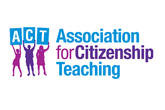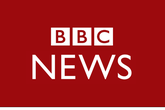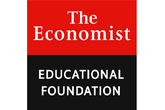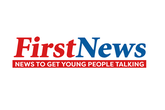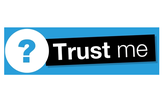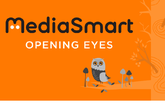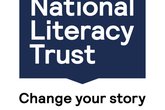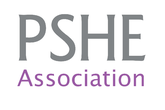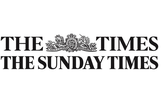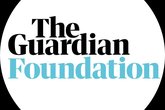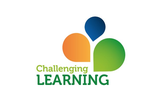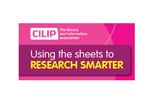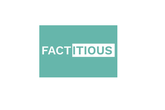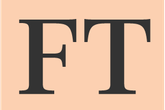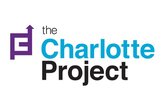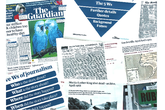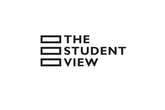Secondary lesson resources
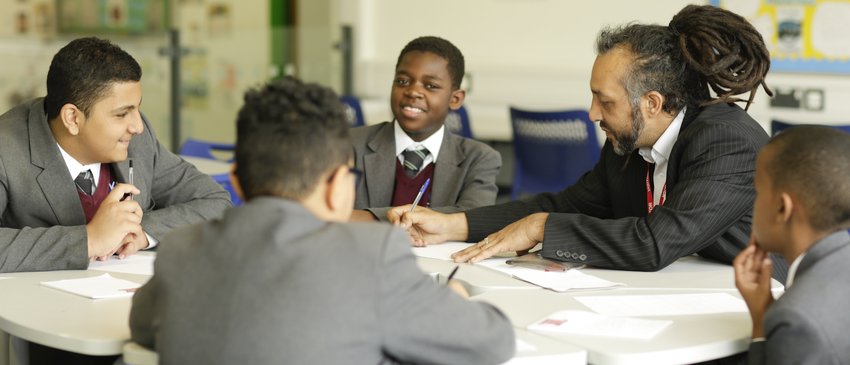
Resources for one-off lessons or multiple lessons about critical literacy and fake news. There are also links to quizzes and videos which you could use as a short activity within a lesson.
If you want advice on how to approach this subject, check out our guide to teaching secondary students about fake news.
I am looking for lesson plans
-
This set of three lesson plans was developed to support lessons about extremism and terrorism online. Aimed at Year 9, the lessons help pupils to explore concepts of democracy, rule of law and rights and responsibilities in the context of media reporting about Islam and Islamophobia.See this lesson plan
-
This pack produced by ACT includes three lesson plans, a teacher guide and student resources. The lessons support students to think critically and independently about issues facing the UK.See this resource
-
The BBC have provided a range of resources and lesson plans to help you teach fake news. Including an: Evidence Toolkit aimed to help 16 to 18-year-olds improve their critical thinking by analysing a variety of news articles.Learn more
-
Topical Talk provides fully-planned, free lessons on a different news story each week. It covers the biggest topical issues of our time to help students to learn, think critically and talk about the issues affecting their lives.Learn more
-
First News Education delivers tailored learning tools to develop students' literacy skills at KS3 through, the exploration of weekly worldwide news stories.Learn more
-
This set of three lessons from ChildNet (and quality assured by The PSHE Association) is designed to develop students' critical thinking skills online. It covers extreme content, propaganda and contact with others online.Download this resource
-
A plan from Media Smart which could be used for a lesson or assembly. The plan is aimed at KS3 and designed both to help pupils understand the world of advertising and to provide a place to discuss ideas about body image.See this resource
-
This page includes a range of resources to support teaching secondary students about fake news. There are lesson plans and case studies for: citizenship, drama, economics, English, history, maths, PSHE, science and sociology.See these resources
-
A series of four lesson plans for Key Stage 4 from The PSHE Association with a specific focus on addressing extremism and radicalisation of all kinds.Learn more
-
The Times news literacy programme provides downloadable lesson plans which feature real journalism and gives students the skills to differentiate fake news, fact and opinion.Learn more
-
With every article, The Day provides discussion questions and activities linked to subjects across the curriculum including English, history, maths and science.Learn more
-
Resources including lesson guidance, worksheets and news vocabulary fact files to support and embed news and media literacy across the secondary curriculum.Learn more
I am looking for lesson activities
-
This three minute video from the BBC uses the example of a real 'story' to illustrate the issue of fake news and why it can be so hard to spot.See this resource
-
In this interactive game from the BBC, students play as a journalist and have to make decisions about what to trust, what to investigate and what to publish.See this resource
-
This resource from Challenging Learning includes a range of potential activities for teaching students about fake news and how to detect it.See this resource
-
These research smarter sheets have been designed to guide students through the research process from initial ideas to finished piece of work.Learn more
-
This game, developed by JoLT, shows students a range of news articles and asks them to judge whether they are true or false.See this resource
-
The Financial Times provides global news, analysis, comment, data, videos podcasts and other content of great value in teaching. It offers free access to students around the world aged 16-19, their teachers and schools.Learn more
-
These discussion cards can be used to help support pupils' critical thinking about articles in any subject.Download these
I would like to arrange a pupil workshop
-
These free workshops are delivered in school by trained Thomson Reuters journalists. They aim to build students' skills in judging what to trust online, enabling them to stay safe and engage more in news and current affairs.Learn more
-
These free workshops are hosted at The Guardian Education Centre in London. A range of workshops are offered, focused on topics relating to news, multimedia and history.Learn more
-
The Student View places leading journalists from over 20 publications in schools, delivers in-person media literacy workshops and publishes pupils’ views on their platform.Learn more
Other pages you may be interested in
-
Posters and other display materials which you can use to help keep your students informed about fake news and media literacy.Learn more
-
Resources and training sessions which can help staff be better prepared to teach about fake news and the media.Learn more
